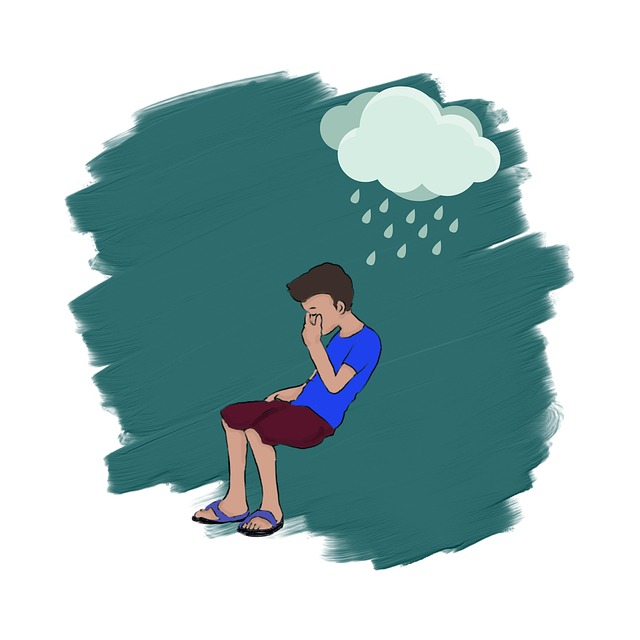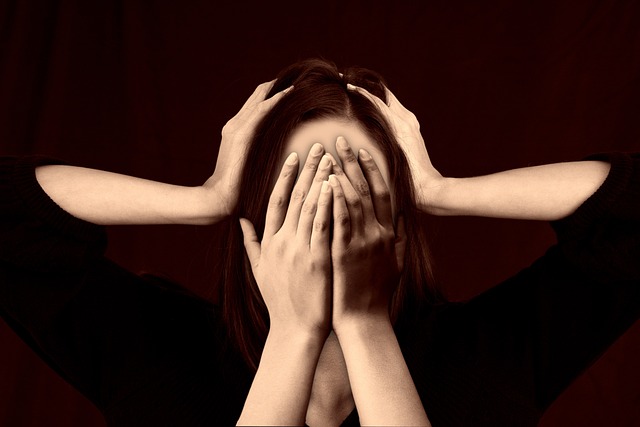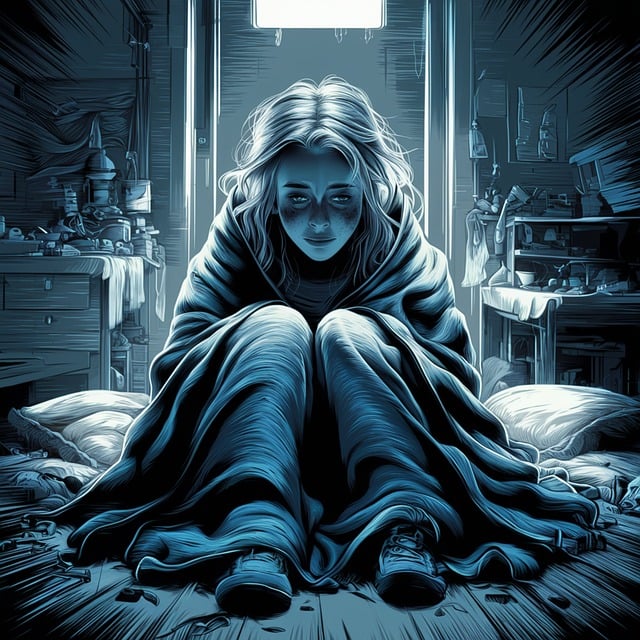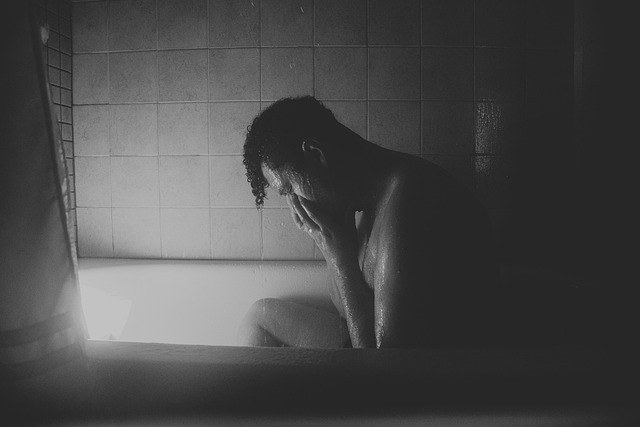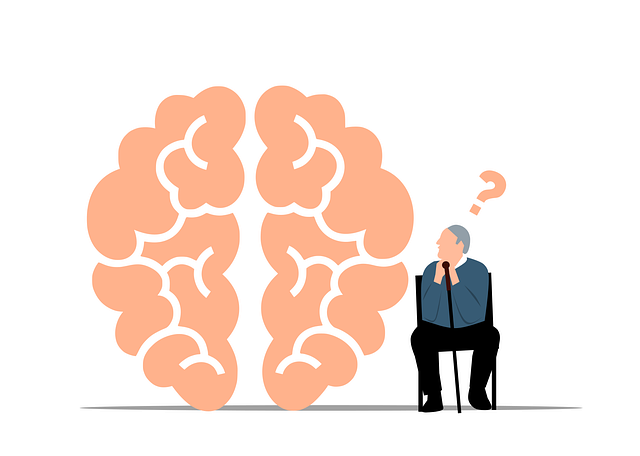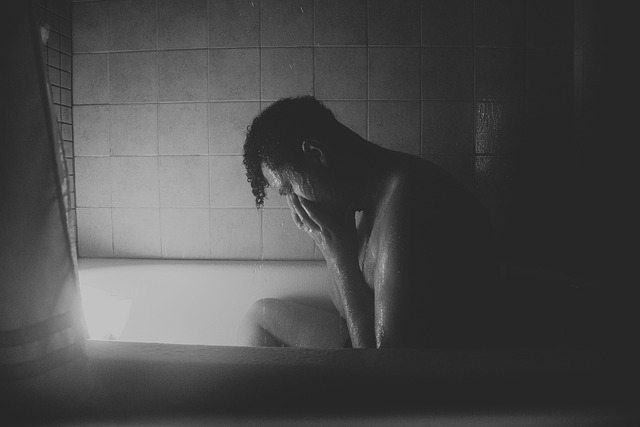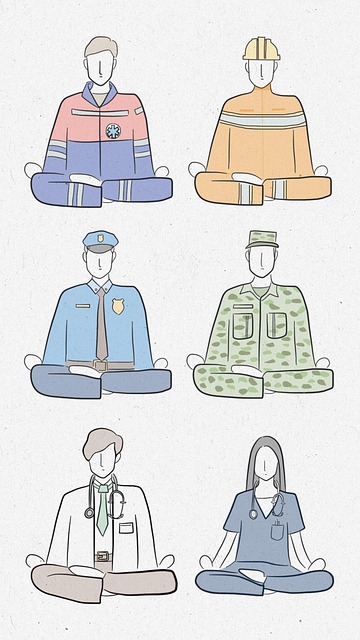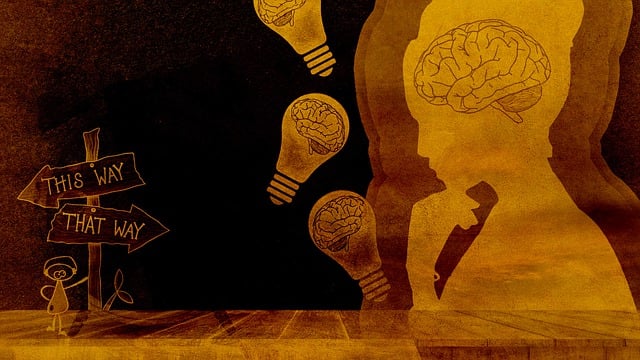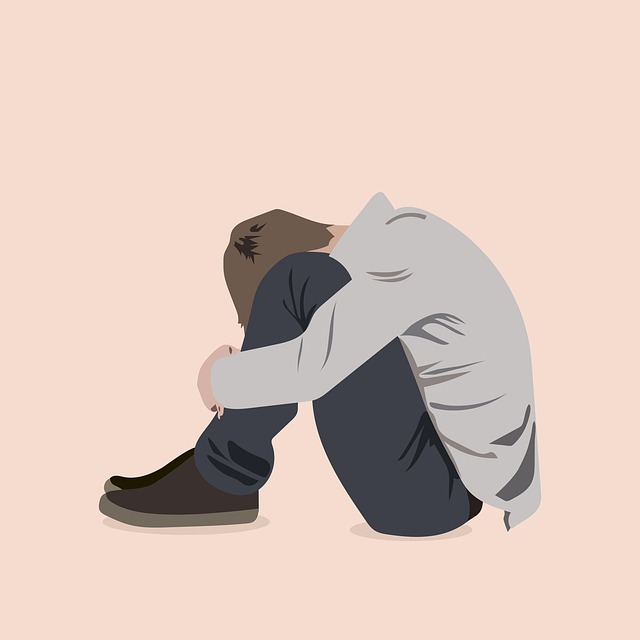Mental wellness is holistic, encompassing emotional, psychological, and social well-being. Common mental health issues like Boulder Panic Disorder (BPD) and Anxiety Attacks often go unnoticed or improperly managed, impacting daily routines significantly. Recognizing these struggles is vital for seeking effective treatment, such as Cognitive Behavioral Therapy (CBT), which teaches coping mechanisms to manage BPD and anxiety attacks. Building a personalized self-care routine, including mindfulness exercises, physical activity, balanced nutrition, and relaxation activities, combined with CBT strategies, enhances anxiety management over time. Incorporating therapy techniques tailored to cultural beliefs and nurturing resilience through lifestyle changes further aids in overcoming BPD and Anxiety Attacks.
Developing a robust mental wellness self-care routine is essential for managing anxiety, especially in navigating the challenges of Boulder Panic Disorder. This article delves into understanding mental wellness and its profound impact on daily life, recognizing critical signs like panic attacks and anxiety disorders. We offer practical tools for building an effective self-care routine, incorporating therapeutic techniques to foster resilience and long-term mental well-being, providing strategies to overcome anxiety through tailored Boulder Panic Disorder and Anxiety Attacks therapy.
- Understanding Mental Wellness and Its Impact on Daily Life
- Recognizing the Signs: Identifying Boulder Panic Disorder and Anxiety Attacks
- Building a Self-Care Routine: Tools for Managing Anxiety
- Incorporating Therapy Techniques into Your Daily Rituals
- Nurturing Resilience: Long-Term Strategies for Overcoming Anxiety
Understanding Mental Wellness and Its Impact on Daily Life

Understanding mental wellness is paramount to cultivating a healthy and fulfilling life. It encompasses our emotional, psychological, and social well-being, affecting how we think, feel, and act in various aspects of daily routine. Mental health issues, such as Boulder Panic Disorder and Anxiety Attacks, are common yet often overlooked or mismanaged. These conditions can significantly impact an individual’s ability to navigate life’s challenges, leading to avoidance behaviors, decreased productivity, strained relationships, and a general sense of disarray.
Mental Health Awareness is crucial in recognizing these struggles and encouraging individuals to seek therapy. Therapy, for instance, plays a pivotal role in managing panic disorder by teaching coping mechanisms and challenging negative thought patterns. Through evidence-based practices tailored to individual needs, therapy empowers individuals to regain control over their lives. A popular approach like Cognitive Behavioral Therapy (CBT) focuses on identifying and modifying unhelpful behaviors and thoughts, fostering resilience against anxiety attacks and promoting a deeper understanding of Mind Over Matter principles.
Recognizing the Signs: Identifying Boulder Panic Disorder and Anxiety Attacks

Recognizing the signs of Boulder Panic Disorder (BPD) and anxiety attacks is a crucial step toward developing an effective self-care routine for mental wellness. BPD, characterized by sudden and intense panic episodes, can significantly impact daily life. Symptoms include rapid heartbeat, sweating, trembling, and a feeling of impending doom, often culminating in a full-blown panic attack. These episodes can be triggered by various stressors or may occur unexpectedly, leaving individuals feeling overwhelmed and isolated.
Anxiety attacks, a common manifestation of anxiety disorders, share some similarities with BPD symptoms but tend to be more pervasive. They may include persistent worry, restlessness, difficulty concentrating, and physical sensations such as nausea or shortness of breath. Unlike BPD, anxiety attacks often build over time, escalating in intensity until they reach a peak. Effective therapy for both BPD and anxiety attacks involves techniques focused on emotional regulation, stress management, and cultivating emotional intelligence – skills that are integral to building a robust self-care routine.
Building a Self-Care Routine: Tools for Managing Anxiety

Building a self-care routine is an essential tool for managing anxiety, especially for individuals navigating conditions like Boulder Panic Disorder and Anxiety Attacks. The first step involves identifying personal triggers and calming techniques that work best for you. This might include practicing mindfulness exercises, such as deep breathing or meditation, which have been shown to reduce symptoms of anxiety. Incorporating regular physical activity, maintaining a balanced diet, and securing adequate sleep also plays a crucial role in stabilizing mental health.
Self-awareness exercises, coupled with cultural competency training provided by your healthcare provider, can empower you to recognize early warning signs of an impending attack. Engaging in activities that promote relaxation, such as yoga or journaling, along with participation in mental health education programs designed to enhance coping strategies, can create a comprehensive self-care routine. Over time, these practices can significantly improve your ability to manage anxiety and lead a more fulfilling life.
Incorporating Therapy Techniques into Your Daily Rituals

Incorporating therapy techniques into your daily self-care routine can be a powerful way to manage and overcome conditions like Boulder Panic Disorder and Anxiety Attacks. Many effective practices stem from cognitive behavioral therapy (CBT), which teaches individuals to identify and challenge negative thought patterns and replace them with healthier, more balanced perspectives. By integrating these CBT strategies into your rituals, you create a consistent framework for stress management that can significantly improve mental health over time.
Cultural sensitivity plays a crucial role in self-care routine development for better mental health. Recognizing and respecting diverse cultural beliefs and practices ensures that therapeutic techniques are tailored to individual needs without imposition. This personalized approach fosters deeper engagement with self-care, making it more likely that individuals will stick to their routines and experience lasting benefits, free from stigma or misalignment with their cultural roots.
Nurturing Resilience: Long-Term Strategies for Overcoming Anxiety

Nurturing resilience is a long-term strategy to overcome anxiety and its associated disorders, such as Boulder Panic Disorder. Therapy plays a pivotal role in this process by teaching individuals effective coping mechanisms and emotional healing processes. Through cognitive-behavioral techniques, patients can learn to challenge negative thought patterns that contribute to anxiety attacks. This shift in perspective empowers them to manage their symptoms over time.
Building resilience involves adopting lifestyle changes that prevent burnout and boost confidence. Techniques like mindfulness meditation, regular exercise, and sufficient sleep are integral to this routine. By integrating these practices into daily life, individuals can enhance their ability to cope with stress, thereby reducing the frequency and intensity of anxiety attacks.
Developing a robust mental wellness self-care routine is a proactive step towards managing anxiety, including Boulder Panic Disorder and Anxiety Attacks. By integrating therapy techniques into daily rituals, one can build resilience and effectively navigate stress. Recognizing the importance of self-care fosters better mental health, enabling individuals to live more balanced and fulfilling lives. With consistent practice, these strategies offer long-term solutions for overcoming anxiety, allowing you to take control of your well-being.

